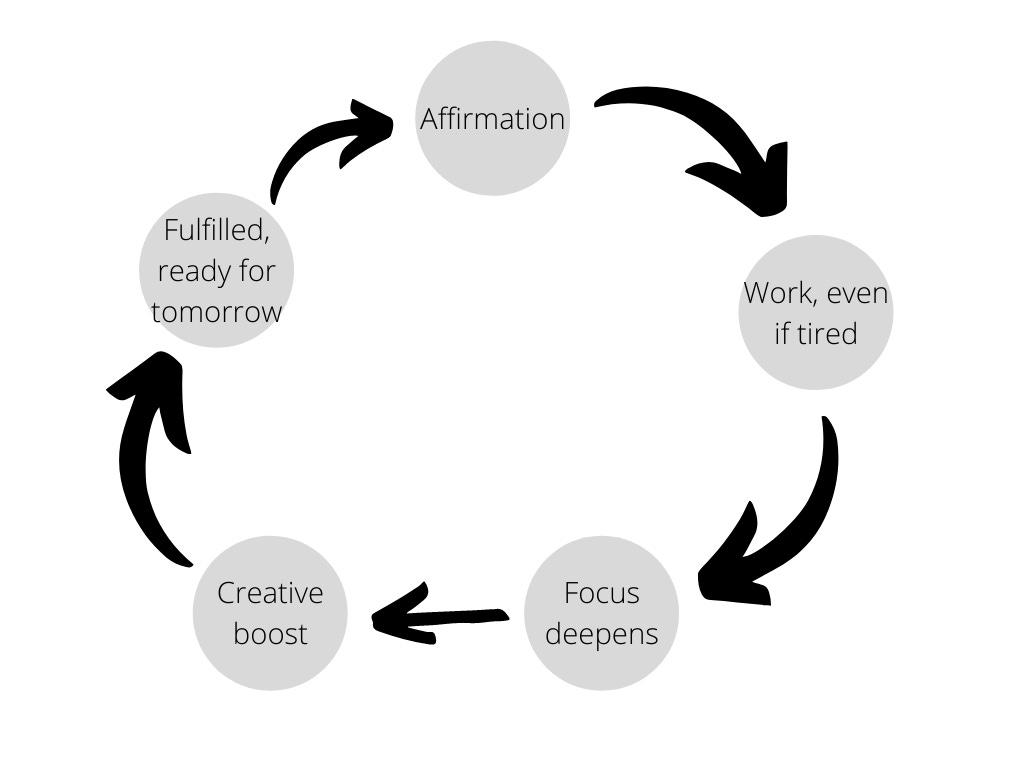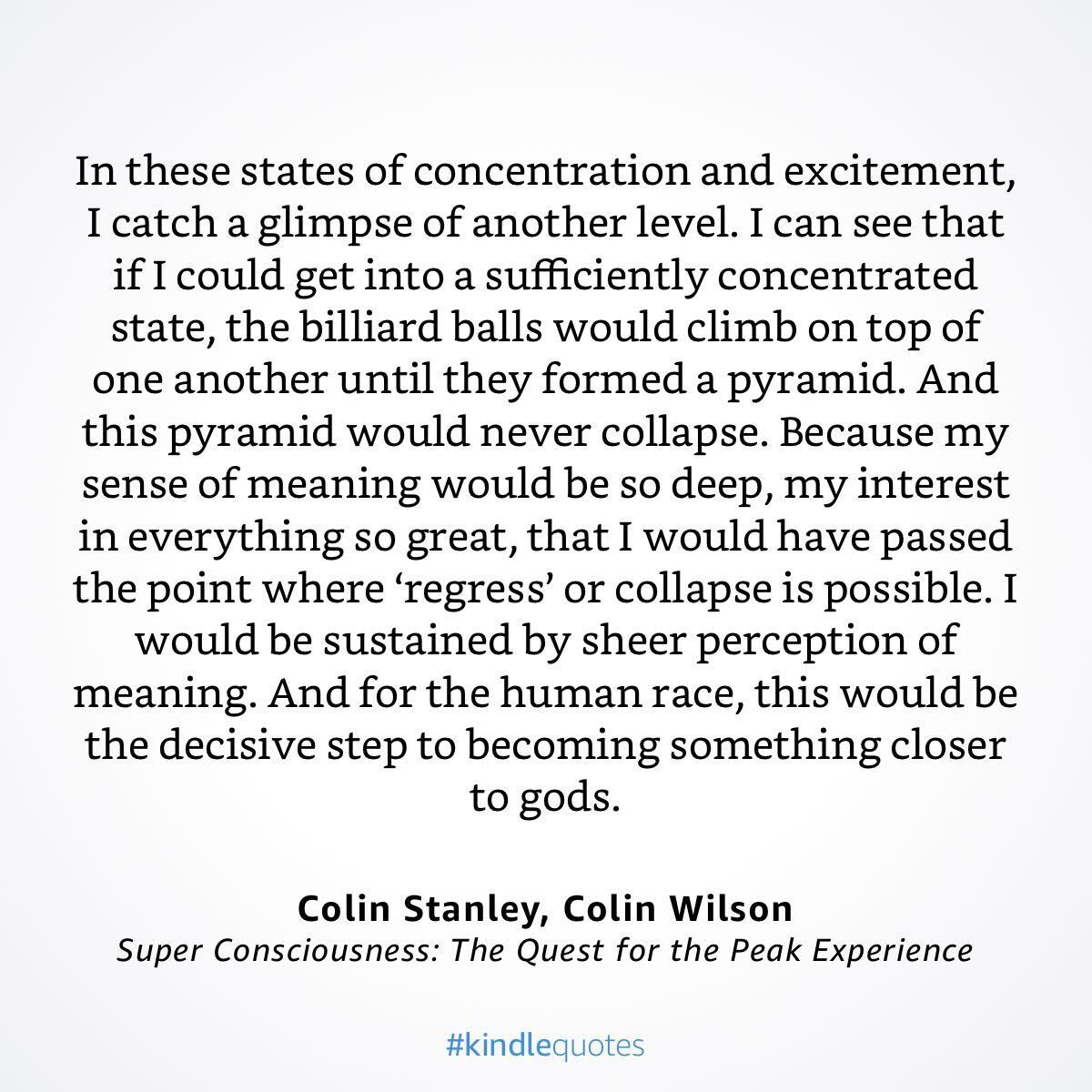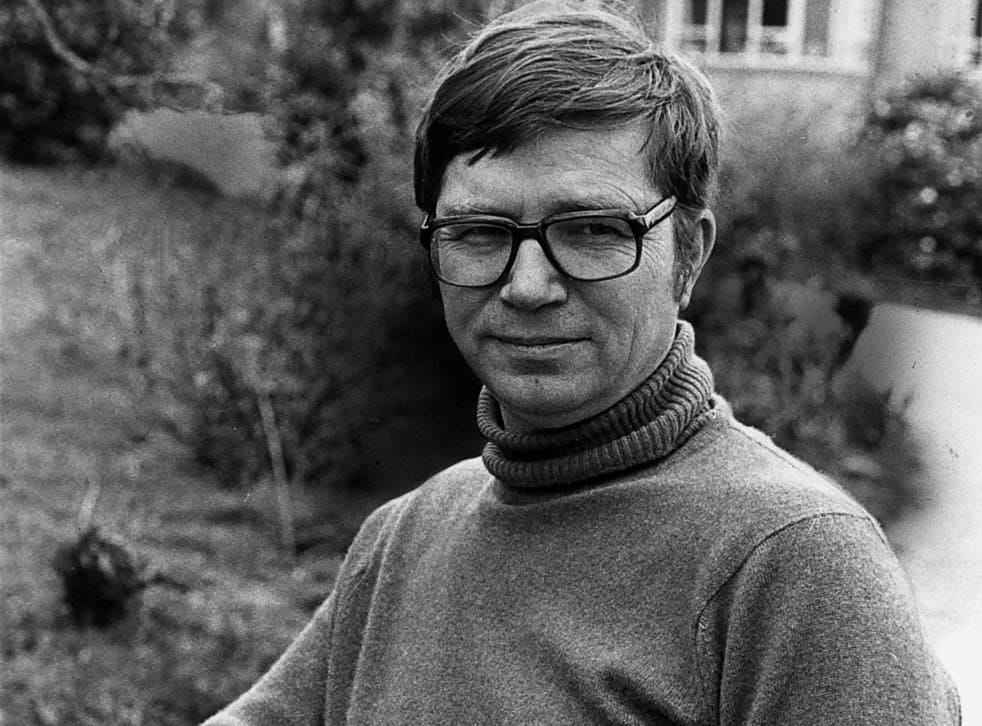How to create Peak Experiences at will
"Hacking" the peak experiences will help you experience creativity outbursts, and an increased enjoyment for work. This article teaches you how to do it.
I remember having a vivid experience while working as a security guard a while back:
It must have been like two in the morning. I had been reading for about four hours straight. I felt tired, hungry, and cold. I wanted to go home, but I kept reading…
...All of a sudden, there was this powerful sense of deep presence. I suddenly felt the flow of things. I walked outside and stared in awe at the starry night. I felt so much joy. After thirty minutes, the bliss faded, but I kept a sense of wellbeing.
After researching what happened, I realized that this was called a "peak experience", a term coined by American psychologist Abraham Maslow. I wanted to know if I could create those at will. Not only for the happiness it brought, but for the deep focus and productivity I experienced later.
And I found out! Here’s how:
Context
The first thing we must talk about is context. There’s a certain amount of factors that help us determine a peak experience (PE).
It’s far easier to have a PE if you were about to die and then survived. Such is the case of Russian writer Fyodor Dostoevsky, when sentenced to death and then spared at the last minute:
To-day, the 22nd of December, we were all taken to Semionovsky Square. There the death-sentence was read to us, we were given the Cross to kiss, the dagger was broken over our heads, and our funeral toilet (white shirts) was made. (...)
[I] had not more than a minute to live. I thought of you, my brother, and of yours; in that last moment you alone were in my mind; then first I learnt how very much I love you, my beloved brother! (...) Finally, retreat was sounded, those who were bound to the palisades were brought back, and it was read to us that His Imperial Majesty granted us our lives.
- Fyodor Dostoevsky in his letters to family and friends.
In periods of intense suffering, a peak experience alienates us from our external reality and gives us greater inner peace. A great example is Viktor Frankl, narrating his perspective in a Nazi concentration camp:
In a last violent protest against the hopelessness of imminent death, I sensed my spirit piercing through the enveloping gloom. I felt it transcend that hopeless, meaningless world, and from somewhere I heard a victorious “Yes” in answer to my question of the existence of an ultimate purpose.
- Viktor Frankl. Man's Search for Meaning (p. 40).
If you're reading this, chances are you're not sentenced to death or working in a concentration camp. Nevertheless these two examples above give us a clue of what gives birth to a peak experience.
In Power vs. Force, we understood that lower attractor patterns such as suffering, apathy, and boredom can be a breeding ground for Higher motivations. This means that after some pain, an "inner switch" turns on and we see things in a completely new light. Such is the story of successful people like Sabri Suby and Eckhart Tolle.
Focus
If you see the examples of Dostoevsky and Frankl, you’ll notice that nothing outside really changed. It was something within. Fyodor’s brother already existed before his execution was ordered. The Auschwitz concentration camp was as terrifying as ever.
What shifted was a sudden change of focus. Reality was seen with a different lens, and everything changed: an intense feeling of gratefulness, joy or meaning came at the face of the exact same external circumstances.
Knowing this, we can shatter the belief that PEs can only come if they’re sent from above, at random. That’s not the case. We are in control of our focus. We can instead concentrate on “preparing the ground” for a peak experience to come, as we’ll see later.
Peak experiences happen as a byproduct of being deeply present, devoid of analytical thought. We’re so immersed in our task that everything else loses itself in the background.
Brain Hemispheres
One more thing we must understand is how our brain works. Colin Wilson, in his book Super Consciousness, argues that we have two brains: the left brain governs our logical thinking, memory, and automation. The right brain takes care of creativity, intuition, and connection with a Higher Source. If you're learning how to drive a car, you’re highly alert at first. Yet it's a matter of time until our left brain takes over and makes the process automatic.
Most of our work is automatized. We’re not really conscious as we’re doing it. This makes us prone to boredom and apathy. The antidote for this is a beginner's mind. The more you cultivate the habit of seeing things with fresh eyes, the less bored you’ll feel. Seeing work in this way is extremely rewarding. Creative and productive outbursts become the norm.
Also, with a beginner’s mind, you keep your right brain engaged:
Listening to our right brain is important because it tells us insights that we can't usually grasp. Since the right brain is tied to a Higher Source, we can find answers to questions. Solutions that lie hidden, often in plain sight. That’s when we get an Eureka moment—a surge of divine wisdom.
When that glimpse of godly inspiration hits, we must write everything down, even if sometimes we look back at what we wrote and feel disgusted. This is because it is a muscle that must be constantly exercised. The more you do this, the easier you receive information from the right brain. This is directly correlated to happiness and fulfillment, as we'll see at the end of this article.
This all may seem hard. But don’t be afraid! “Hard” is a great indicator, and as you put in the work, you’ll see it’s far easier than it appears, and you don’t really need to logically understand all of it to experience it.
Resistance becomes a really important guideline. If we’re working on something we're trying to strive for daily, that feeling of resistance must then be embraced:
The professional does not wait for inspiration: he acts in anticipation of it.
Steven Pressfield, The War of Art
Embracing that feeling of resistance as a natural pathway towards a peak experience is crucial. The more you enjoy feeling bored or "demotivated" while working, with full trust that it's the first step towards a PE, the faster and more often those peaks will come.
Measuring the process
One more thing we must keep in mind is that we can actually measure this process. Or at least, the way the procedure unfolds. Business author Jim Collins created a concept called "The Flywheel". Any great thing you've achieved comes through sustained momentum after taking the most important actions, over and over again.
An example of a flywheel for the peak experience could be:
1. I say an affirmation out loud: "today I'll have a peak experience as I work."
2. I then get to work, even if I don't feel like it, juggling the hardest tasks of the day. I may feel frustrated here!
3. As my focus deepens into my work, I start to feel a sense of concentration. External problems, desires, and circumstances fade into the background. I feel poised.
4. I'm then ecstatic by the creativity I'm receiving and producing into my work.
5. I feel happy after a great day of work. I then set the Intention for how the next day is gonna look like, and I focus on other things now, like my family.
The natural progression is 1, 2, 3, 4, 5, and then 5 leads to 1—like a loop. It also strengthens over time. The process looks like this:
Keep in mind that this flywheel is just an example, and I encourage you to create your own based on your own experience.
Peak Experiences and Happiness
Finally, peak experiences are directly tied into your happiness, and if applied on the workplace, it makes it feel meaningful and fulfilling. This is the conclusion of the book "Super Consciousness":
Peak experiences are the key that turn work into a spiritual act.
We can easily be entangled in work for an external reward: to pay our bills, to earn a raise, gain higher status. But when we’re too focused on that, our level of happiness decreases and we’re caught up in this rat race of endless achievement. We don’t allow ourselves to stop and smell the roses.
Immersing ourselves deeply in the craft at hand makes us feel fulfilled. This is the secret towards enjoying your work, having constant creative breakthroughs, and looking back and thinking “I gave it my all. I don’t regret it one bit.”
P.S. Let me tell you one more story about Colin Wilson, the author of Super Consciousness:
Colin was Abraham Maslow’s student and friend. In the late 50’s and early 60’s, post war psychology research was having a boom. Maslow was one of its pioneers in America.
When he coined the term “Peak Experience”, it became a sensation among its students. They would gather in groups and share stories about their latest blissful moment.
Colin Wilson was among one of those, and he devoted his life to studying those moments as best as possible—learning what needed to happen in order for a PE to occur. Super Consciousness is the conclusion of that research.
But it all started with one simple conversation between the two great thinkers:
I asked Maslow: ‘Do you think we can learn to achieve the peak experience at will?’ Maslow shook his head. ‘No. They come when they want to and go when they want to. As far as I know, there is no infallible method for doing it.’
Colin Wilson. Super Consciousness (p. 8).
Colin wouldn’t take a no for an answer, and devoted his life towards learning about these. Thanks to his determination and research, we can create these PEs at will.
If you want to give us your feedback, comments, or need help, please contact me at main@arksequence.com. I read every email. Or feel free to leave a comment below:



